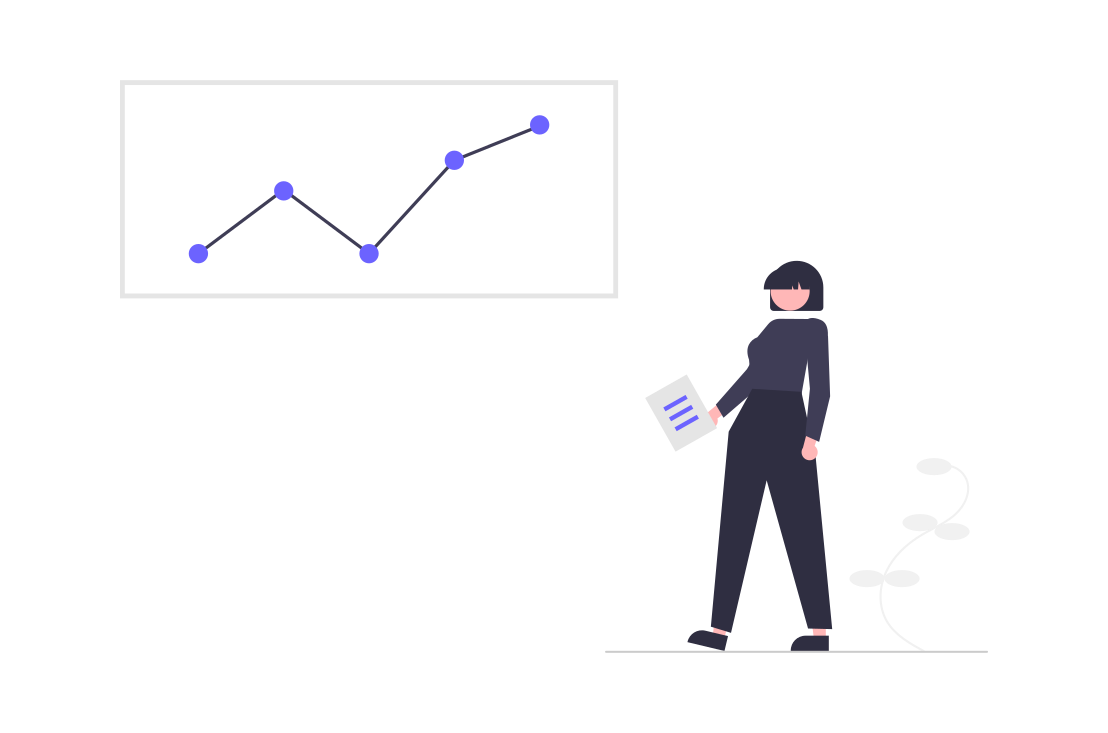In today’s digital age, non-profit organizations face unique challenges in engaging their supporters, raising funds, and spreading awareness about their causes. While the corporate world has long embraced personalized marketing to connect with customers on a deeper level, non-profits have been slower to adopt these strategies. However, with the advent of AI-driven tools like ChatGPT, the non-profit sector now has the opportunity to revolutionize its approach to personalized marketing.
The Power of Personalized Marketing in Non-Profits
Personalized marketing involves tailoring communications and experiences to the individual preferences, behaviors, and needs of supporters. For non-profits, this can mean the difference between a one-time donation and a lifelong advocate for the cause. By leveraging personalized marketing, non-profits can deepen relationships with their supporters, ensuring that each interaction is meaningful and impactful.
The key benefits of personalized marketing for non-profits include:
-
Enhanced Donor Engagement: Personalized content resonates more with donors, leading to higher engagement rates. When supporters receive messages that align with their values and interests, they are more likely to take action—whether that means making a donation, attending an event, or spreading the word about the cause.
-
Improved Fundraising Efforts: By targeting specific segments of their audience with tailored messages, non-profits can optimize their fundraising campaigns. For instance, understanding a donor's giving history and preferences allows organizations to make more effective appeals, resulting in increased donation amounts and frequency.
-
Strengthened Relationships: Personalization helps build trust and loyalty among supporters. When donors feel that an organization understands and values them as individuals, they are more likely to continue supporting the cause over the long term.
-
Optimized Resource Allocation: Personalized marketing allows non-profits to allocate their resources more effectively. By focusing efforts on the most engaged and receptive supporters, organizations can maximize the return on their marketing investments.
Enter ChatGPT: A Game-Changer for Non-Profits
ChatGPT, an AI-driven conversational agent, is at the forefront of transforming personalized marketing in the non-profit sector. This advanced tool can analyze vast amounts of data, generate tailored content, and facilitate meaningful interactions with supporters—all at scale.
Here’s how ChatGPT can empower non-profits to embrace personalized marketing:
-
Automated, Personalized Communication: ChatGPT can be programmed to send personalized messages to supporters based on their past interactions with the organization. Whether it’s a thank-you note, a fundraising appeal, or an event invitation, the AI can craft messages that speak directly to the recipient’s interests and values.
-
Data-Driven Insights: By analyzing supporter data, ChatGPT can help non-profits identify patterns and trends that inform their marketing strategies. For example, it can highlight which types of content are most engaging, which channels are most effective, and which segments of the audience are most likely to donate. These insights enable organizations to fine-tune their outreach efforts for maximum impact.
-
Scalable Donor Engagement: One of the biggest challenges non-profits face is maintaining consistent communication with a large and diverse supporter base. ChatGPT addresses this challenge by automating personalized interactions at scale. This means that even with limited resources, non-profits can maintain high levels of engagement across their entire audience.
-
Content Generation and Optimization: Crafting compelling content is crucial for non-profits, but it can be time-consuming and resource-intensive. ChatGPT can assist by generating content that resonates with different segments of the audience. From social media posts to email newsletters, the AI can create tailored messaging that drives engagement and supports the organization’s goals.
-
Real-Time Support and Interaction: Non-profits can use ChatGPT to provide real-time support and interaction through their websites or social media platforms. This could include answering questions, providing information about ongoing campaigns, or guiding supporters through the donation process. By offering instant, personalized responses, non-profits can enhance the supporter experience and increase the likelihood of conversions.
Overcoming Challenges and Embracing Opportunities
While the benefits of personalized marketing powered by ChatGPT are clear, non-profits may face certain challenges in implementing these strategies. Data privacy and security are paramount, and organizations must ensure that they are handling supporter information responsibly. Additionally, non-profits will need to invest in training and resources to effectively integrate AI tools into their existing operations.
However, the opportunities far outweigh the challenges. By embracing AI-driven personalized marketing, non-profits can not only improve their engagement and fundraising efforts but also build stronger, more meaningful relationships with their supporters. As more organizations adopt these strategies, the non-profit sector as a whole will benefit from increased efficiency, greater impact, and more sustainable growth.
The Future of Non-Profit Marketing
The future of non-profit marketing is undoubtedly personalized, and ChatGPT is poised to play a crucial role in this transformation. As AI continues to evolve, non-profits will have access to even more sophisticated tools that can further enhance their outreach efforts. By staying ahead of the curve and embracing these innovations, non-profits can ensure that they are not only meeting the needs of their supporters today but also preparing for the challenges and opportunities of tomorrow.
In conclusion, personalized marketing is no longer just a nice-to-have for non-profits—it’s a necessity. With the help of AI tools like ChatGPT, organizations can create deeper connections with their supporters, optimize their fundraising efforts, and ultimately, drive greater impact for their causes. The time to embrace personalized marketing is now, and ChatGPT is here to make that transition smoother and more effective than ever before.


